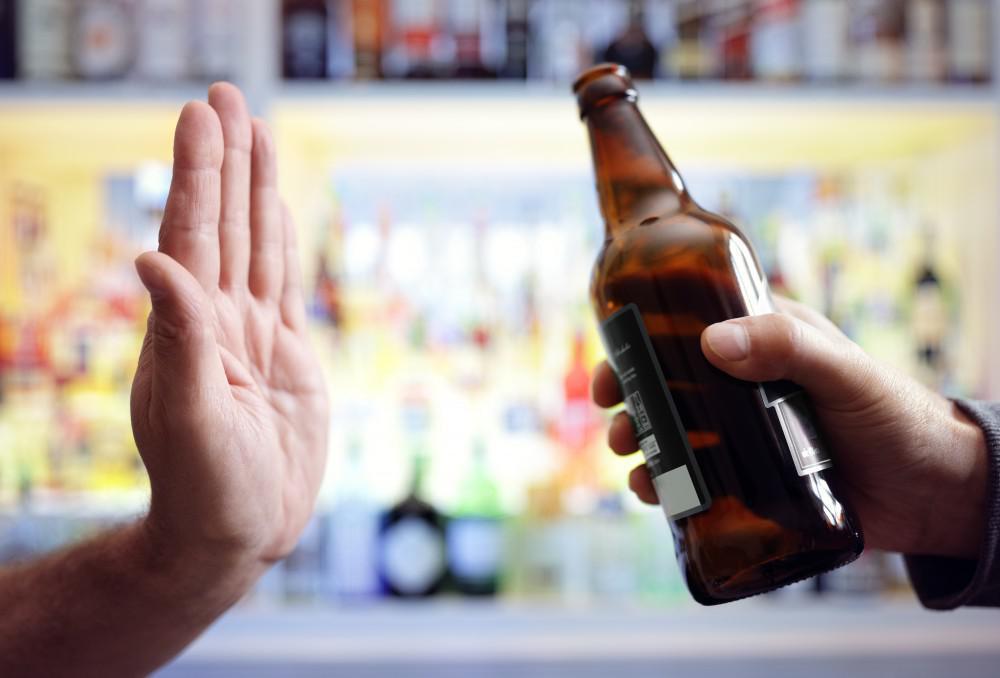
5 Tips for Staying Sober
You’ve done the work to become clean and sober, and you want to do what you can to stay that way. Here are five great tips that will help you safeguard your freedom from a substance use disorder.

During the 1990s, pharmaceutical companies assured medical providers that newer long acting opioid-based medications like Oxycontin didn’t pose any addiction risks. They were very wrong.
Here at Northview Wellness, our team of addiction specialists has seen the devastating effects that opioid addiction has had, and we’ve been working diligently to reverse the damage. As part of our efforts, we believe that education is key, which is why we’ve pulled together some sobering facts about taking opioid medications.
To paint a clearer picture about the dangers of opioid medications, let’s start with some eye-opening numbers. We already mentioned that there were 50,000 opioid-involved drug overdoses in 2019 alone.
The path to these deaths comes with equally alarming statistics from the National Institute on Drug Abuse, such as:
When we say “misuse,” we’re referring to people who take the opioid painkillers more frequently than prescribed and in larger doses than prescribed.
The reason why opioids are so effective at relieving pain is also the reason why they can be so addictive. Your brain and nervous system naturally contain opiate receptors, which act as your body’s natural painkillers. When you take opioids, the medications interact and bind with these receptors. This not only blocks the pain signaling, but also triggers reward centers in your brain.
By tamping down your natural ability to fight off pain and stimulating your reward centers, these receptors begin to create new neural pathways that favor opioid use — in effect rewiring your brain to receive the drug.
And the longer you take the opioid medication, the more your body builds up a tolerance toward the substance, which leads to needing more to achieve the same pain-relieving and euphoric effects.
Please note that “rewiring” is a very simplistic term for what happens in your brain when an addiction forms. The new neural pathways cause existing pathways to shut down, in effect becoming becoming the dominant network in your brain, which can lead to the hallmarks of addiction, including:
These side effects often lead to behavioral issues, such as risk taking and isolation.
There are several ways in which you can avoid addiction when taking opioids, and they all boil down to taking the medications only as prescribed in terms of
timing and dosage.
Going a step further, we recommend that you listen to your body, and not your brain, when taking these painkillers. For example, if it’s time for your next dose, scan your body to see if you really need it, and perhaps delay taking your dose. In doing this, you’re letting need for pain relief guide you, not your reward
centers.
If, despite your best efforts, you find that you are struggling with addiction, we can help you reclaim your life through our comprehensive addiction services.
If you have more questions about opioid use, please contact our office by phone or email to set up a consultation.

You’ve done the work to become clean and sober, and you want to do what you can to stay that way. Here are five great tips that will help you safeguard your freedom from a substance use disorder.

The connection between a substance use disorder and a mental health issue is a strong one, as the nearly eight million Americans who have a co-morbidity prove. When this occurs, treating both issues is paramount.

Addiction is a chronic disease that requires constant vigilance and good management. When a person falls short, relapse can occur. If you’re worried that a loved one has relapsed, here are some signs to look out for.

You believe that you’re drinking isn’t normal anymore, and you’re tired of the overwhelmingly negative effects that alcohol is having on your life. The good news is that alcoholism is highly treatable.

The rise in availability of telehealth services has been great news for those who need (or would prefer) to receive quality health care from the comfort of their own homes. These services also extend to substance use disorders.

Whether you’ve tried to break your opioid addiction before or this is your first attempt, why not greatly increase your chances of success with Sublocade®? Here’s a look at how Sublocade can ease your recovery journey.